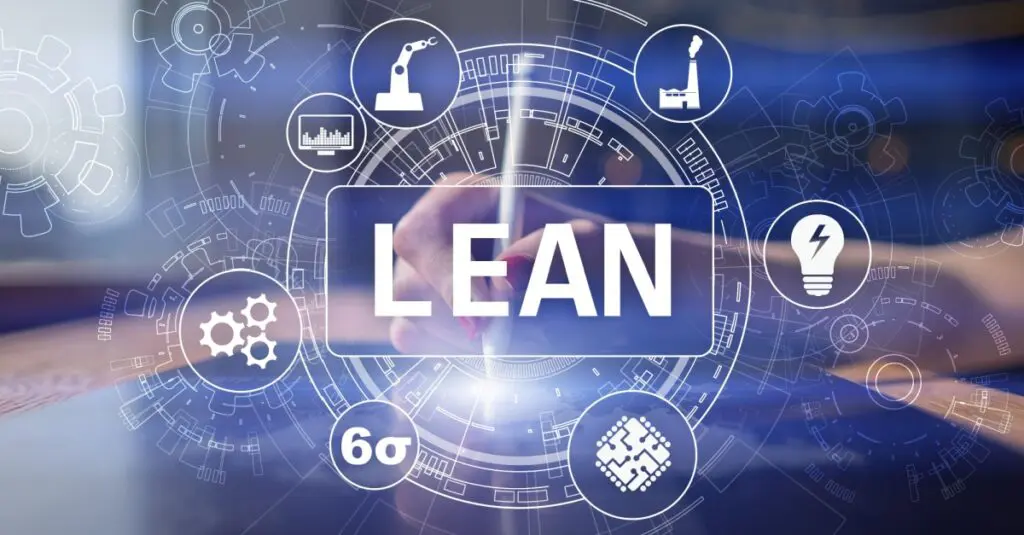
This Week on Supply Chain Now: January 4th – 8th
Get Ready to increase your supply chain IQ! We’ve got all the latest episodes, interviews, conversations, and livestreams right here from Supply Chain Now this week.
On Monday, TEKTOK host Karin Bursa sat down with Scott to look back on 2020 and discuss what’s on the horizon for 2021
On Tuesday’s podcast episode, Kelly Barner joined Scott to discuss the lessons learned in 2020 and what’s to come in 2021.
On Wednesday, Scott welcomed Joe Donnell and Karl Fillhouer with Circle Logistics to talk about the recruiting and talent challenges they faced in 2020, consumer demand predictions after pandemic restrictions are lifted, & the next frontier in technological innovation.
On Thursday, Scott and Greg welcome Nurfad Nadarevic to the Supply Chain Buzz to discuss the COVID-19 vaccine distribution, automotive changes ahead, and more top news in supply chain this week.
We ended the week with an episode of TEKTOK, powered by Supply Chain Now, where host Karin Bursa shared the 3 Things C-Level execs need to know about Sales & Operations Planning & Inventory Optimization.
Which was your favorite episode this week? Never miss an episode by subscribing to Supply Chain Now! Make sure you tune in next week for more great conversation, timely topics, and exceptional guests.
More Articles

FreightTech Round-Up: 9 Solutions Changing the Game

